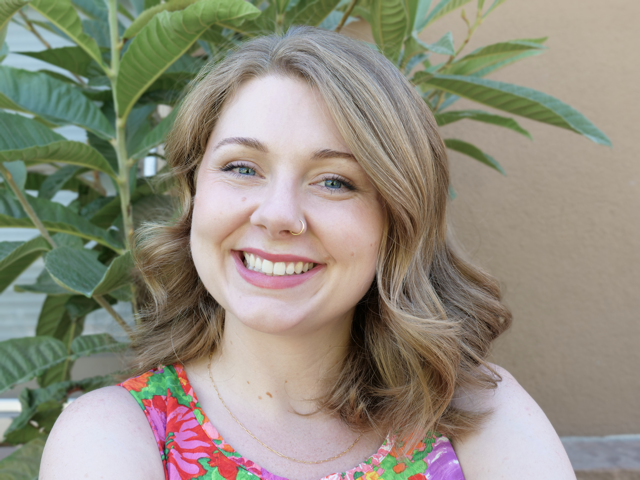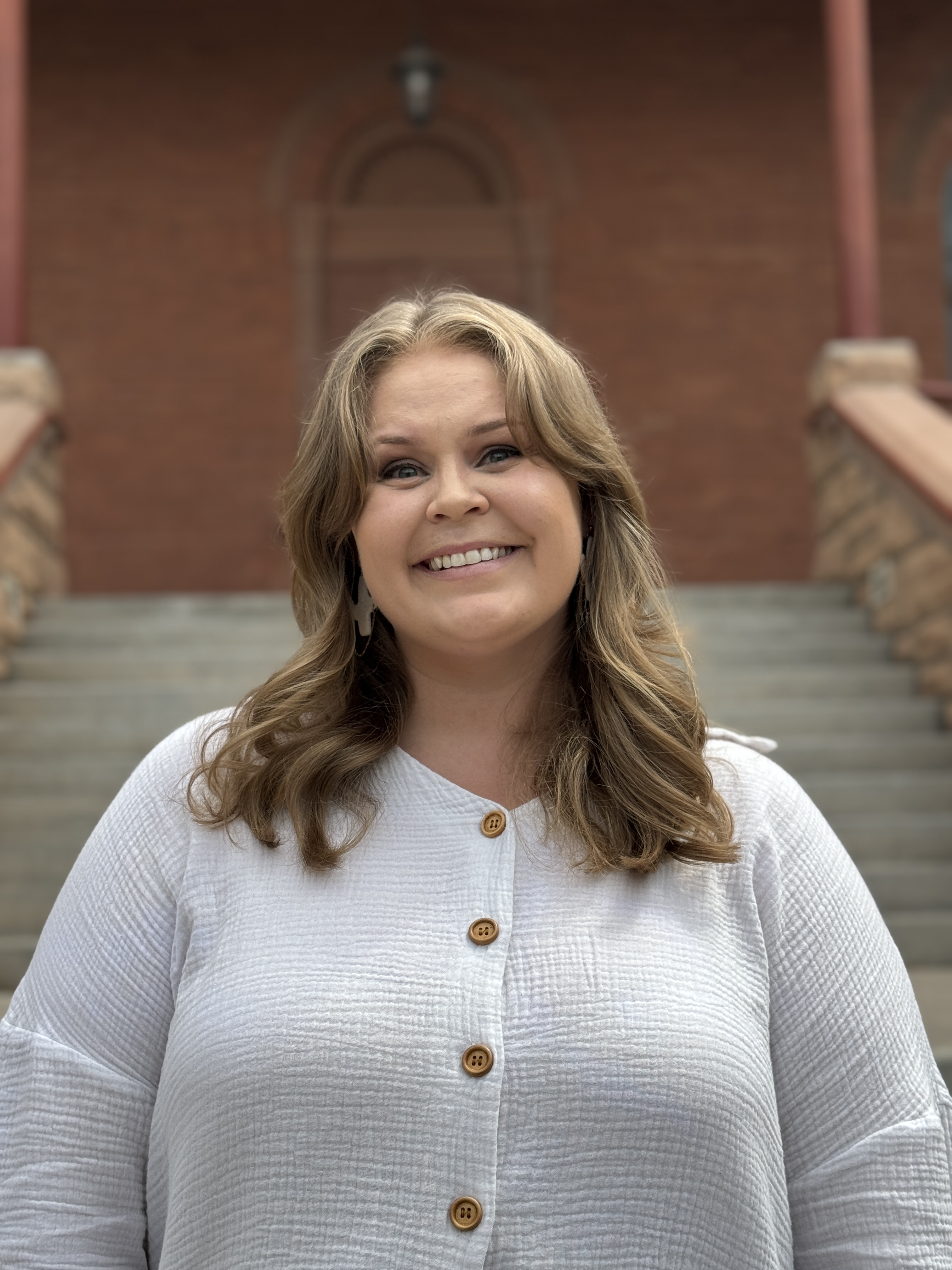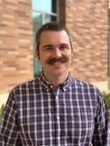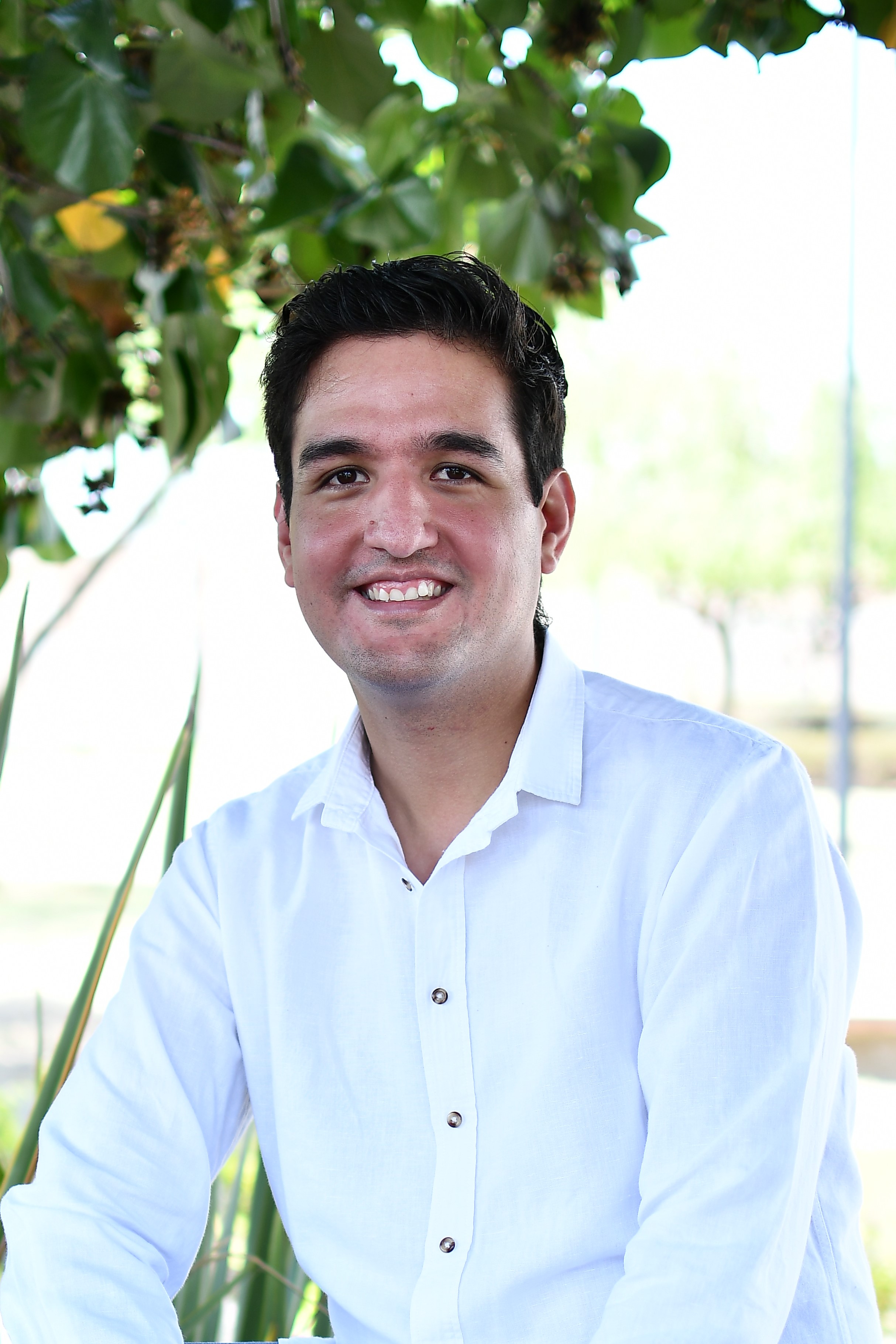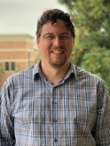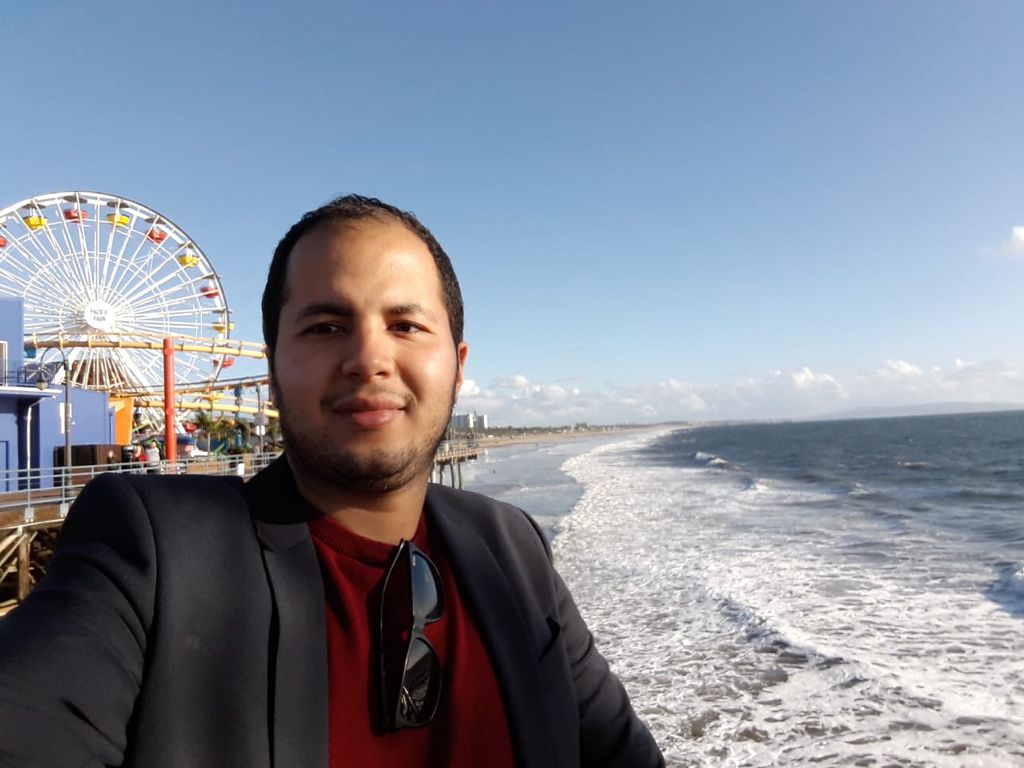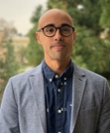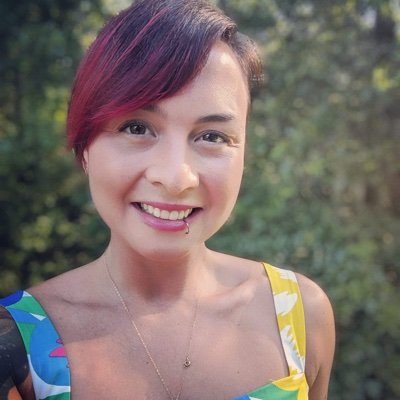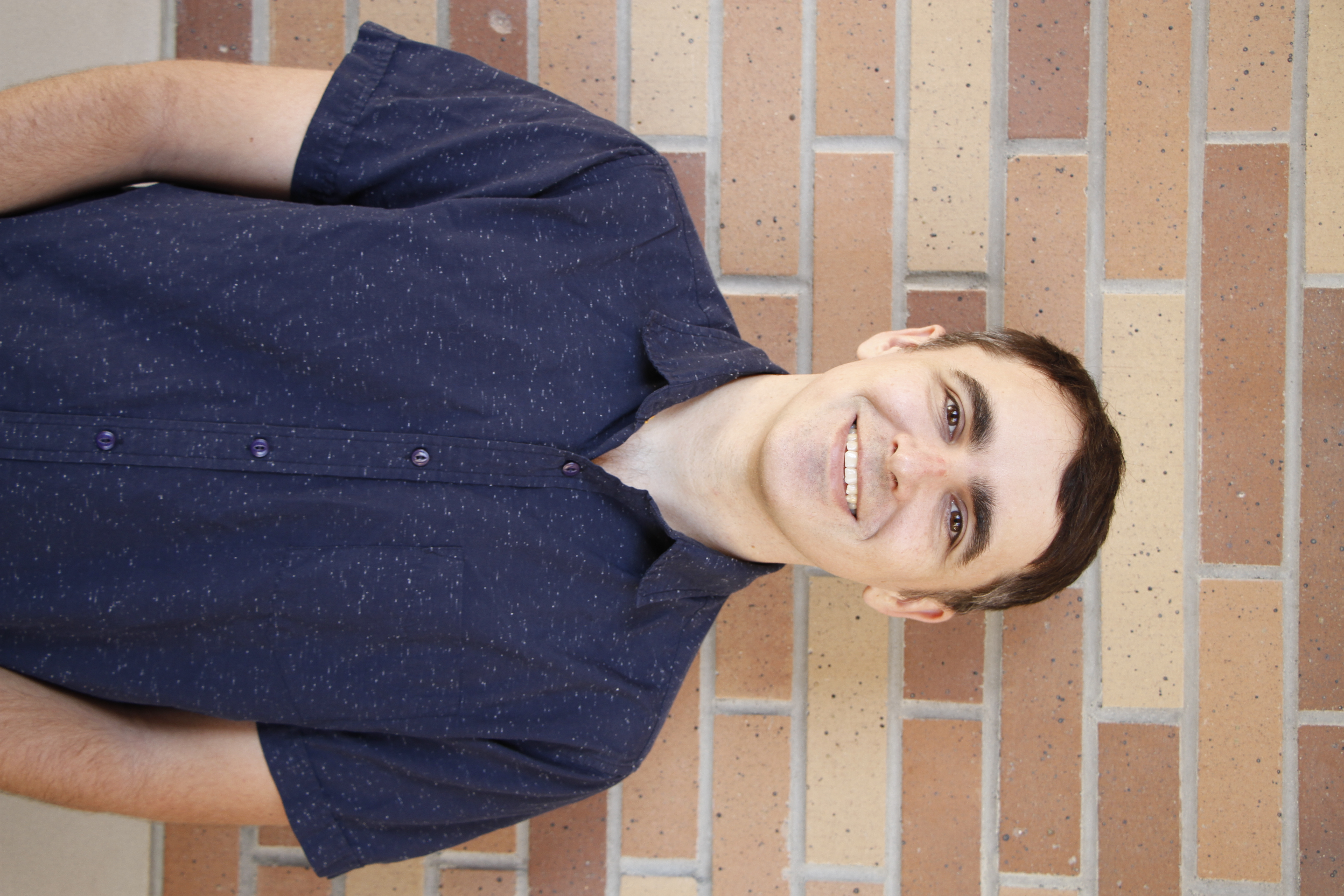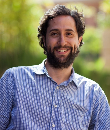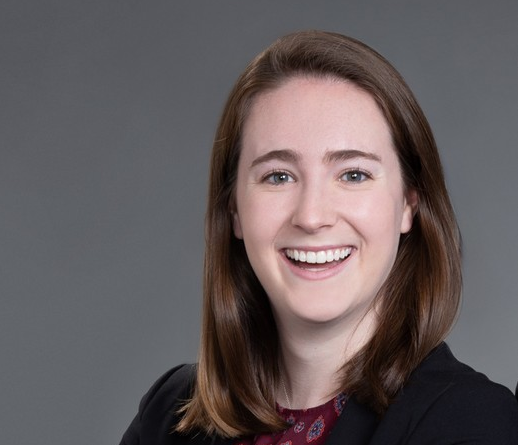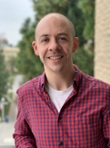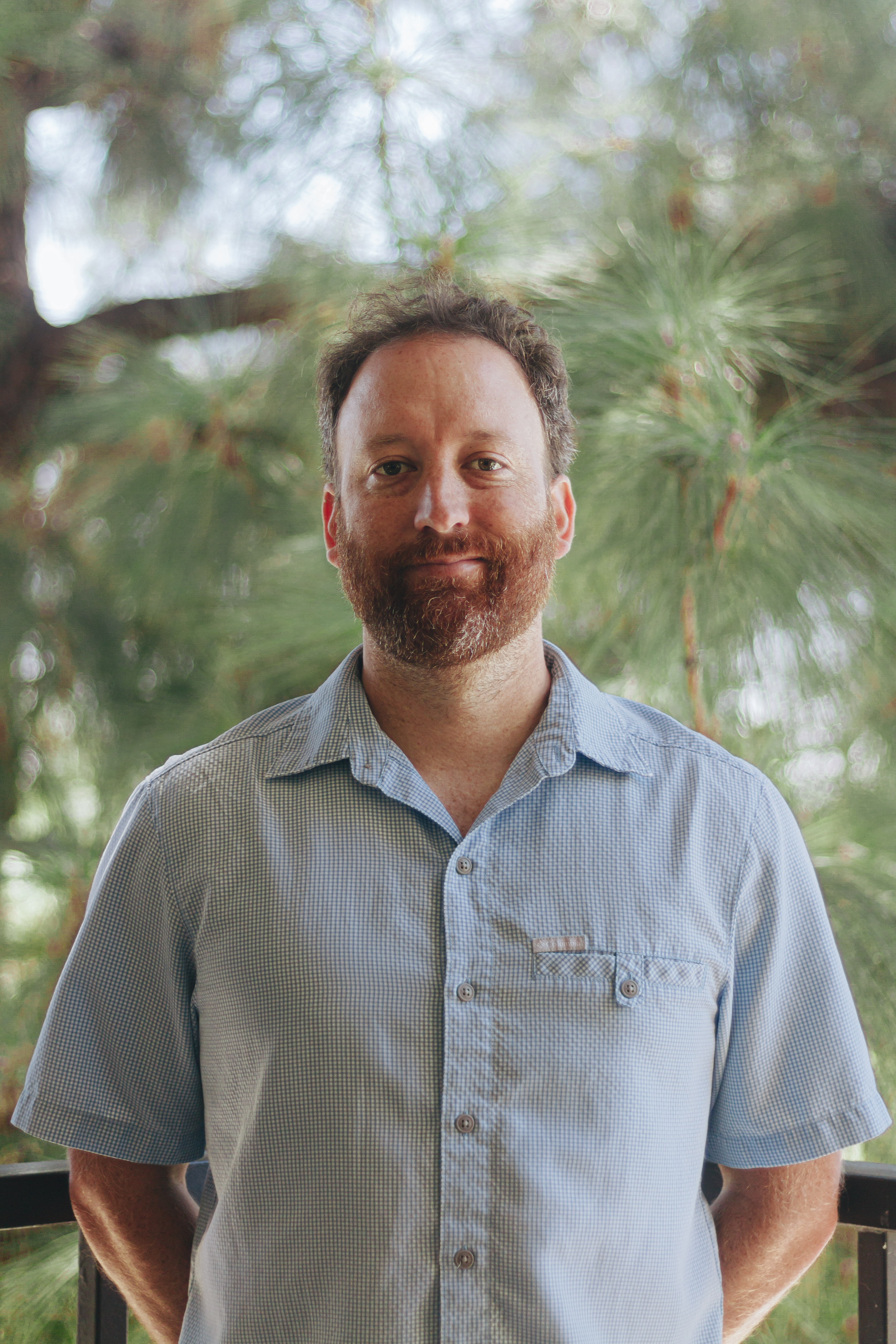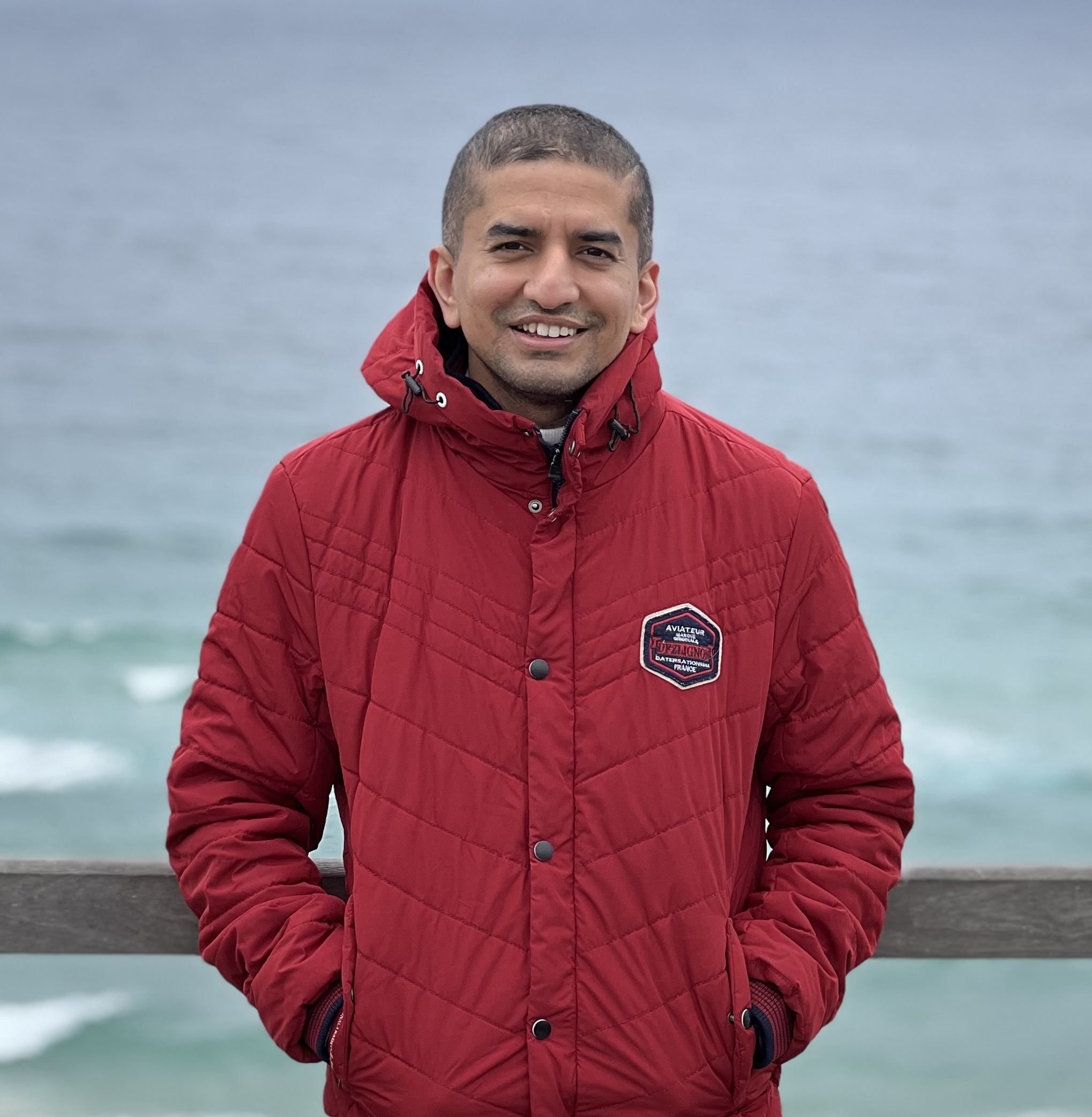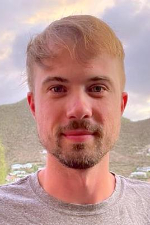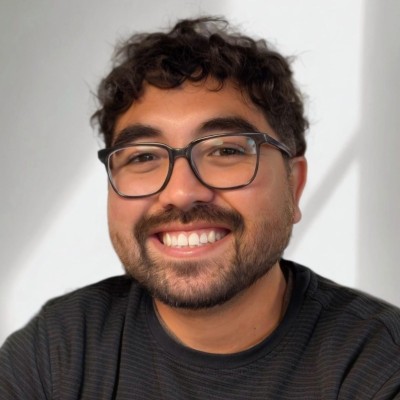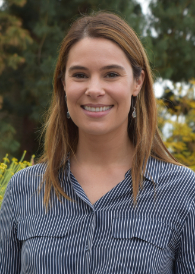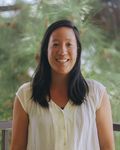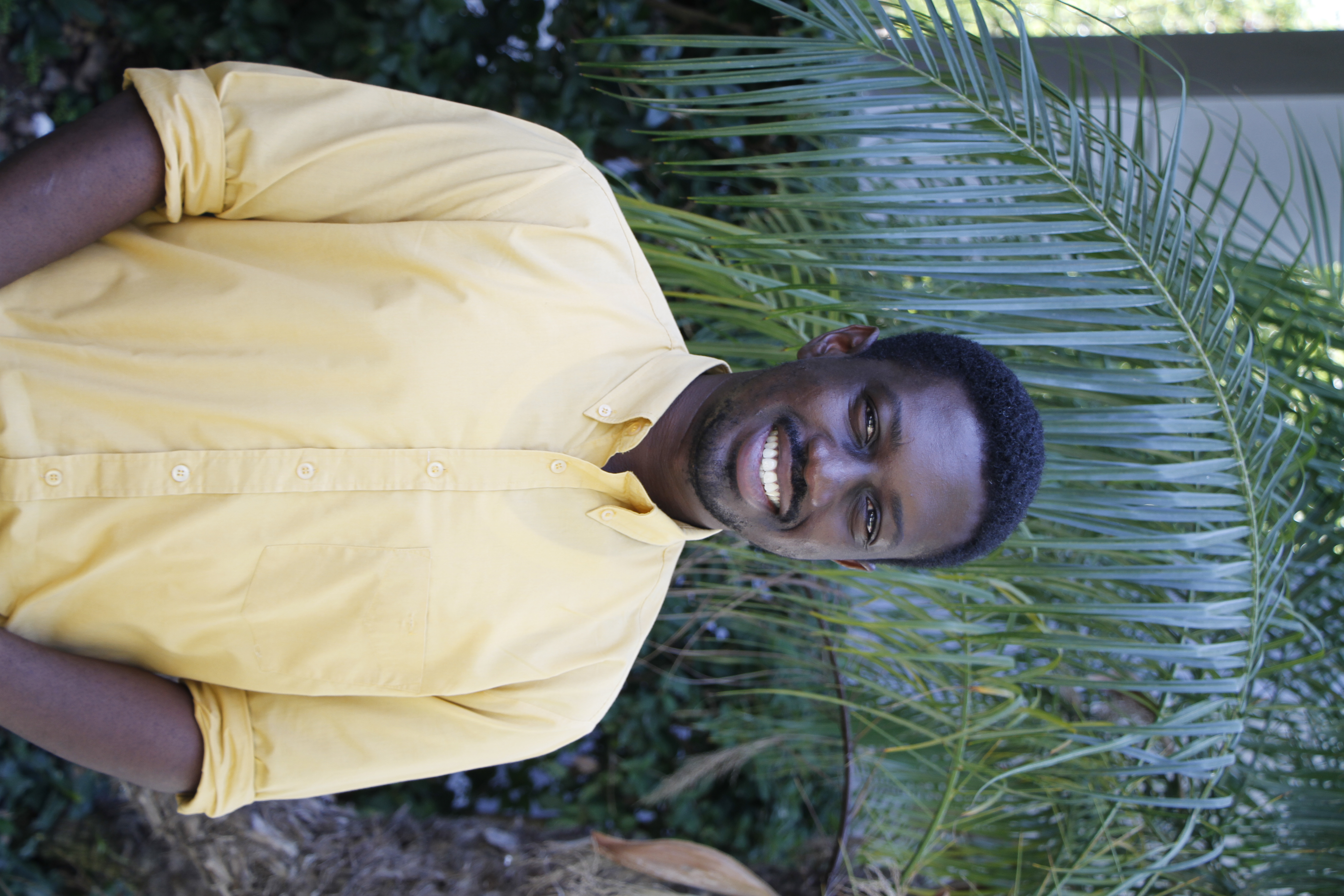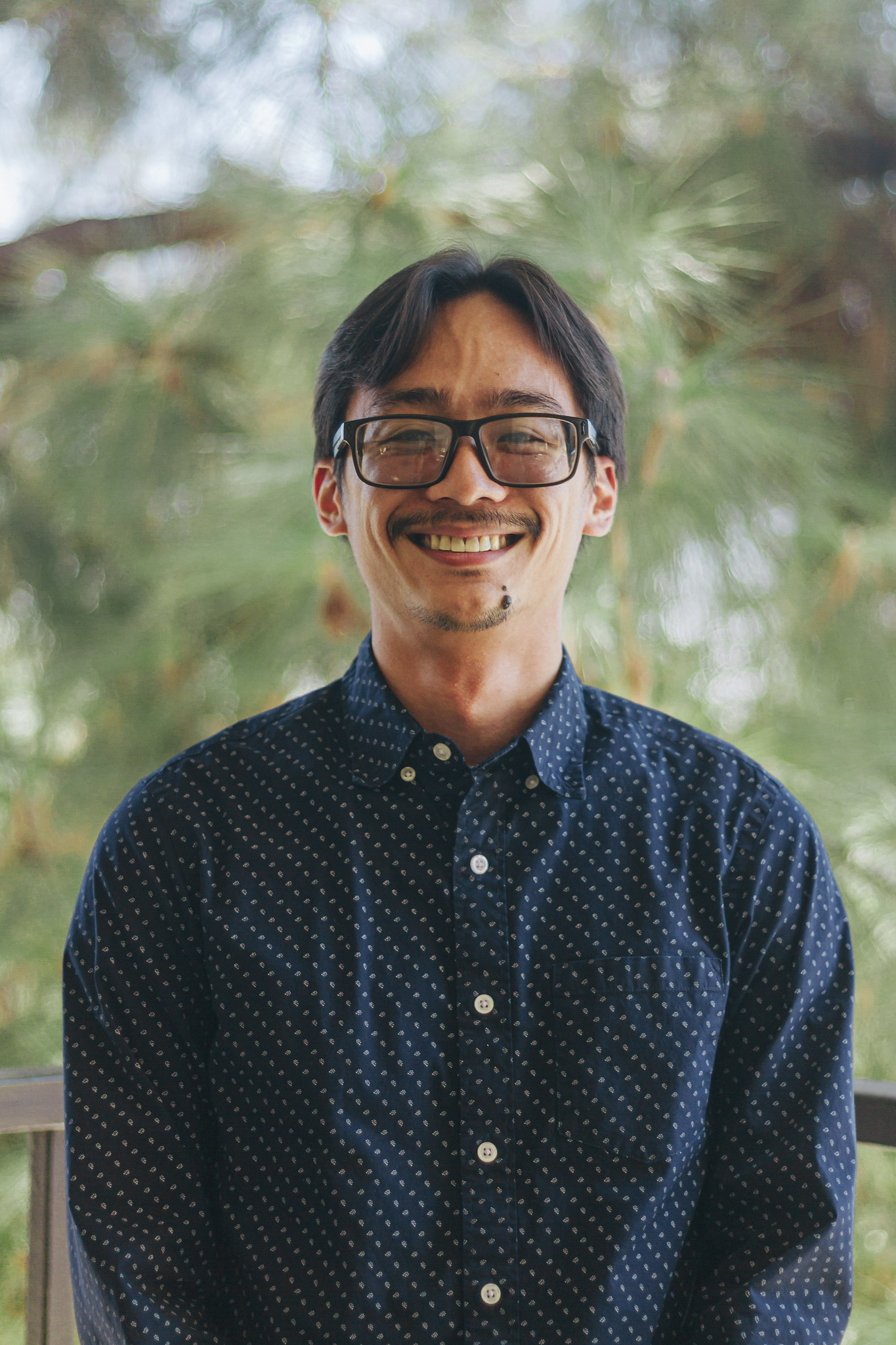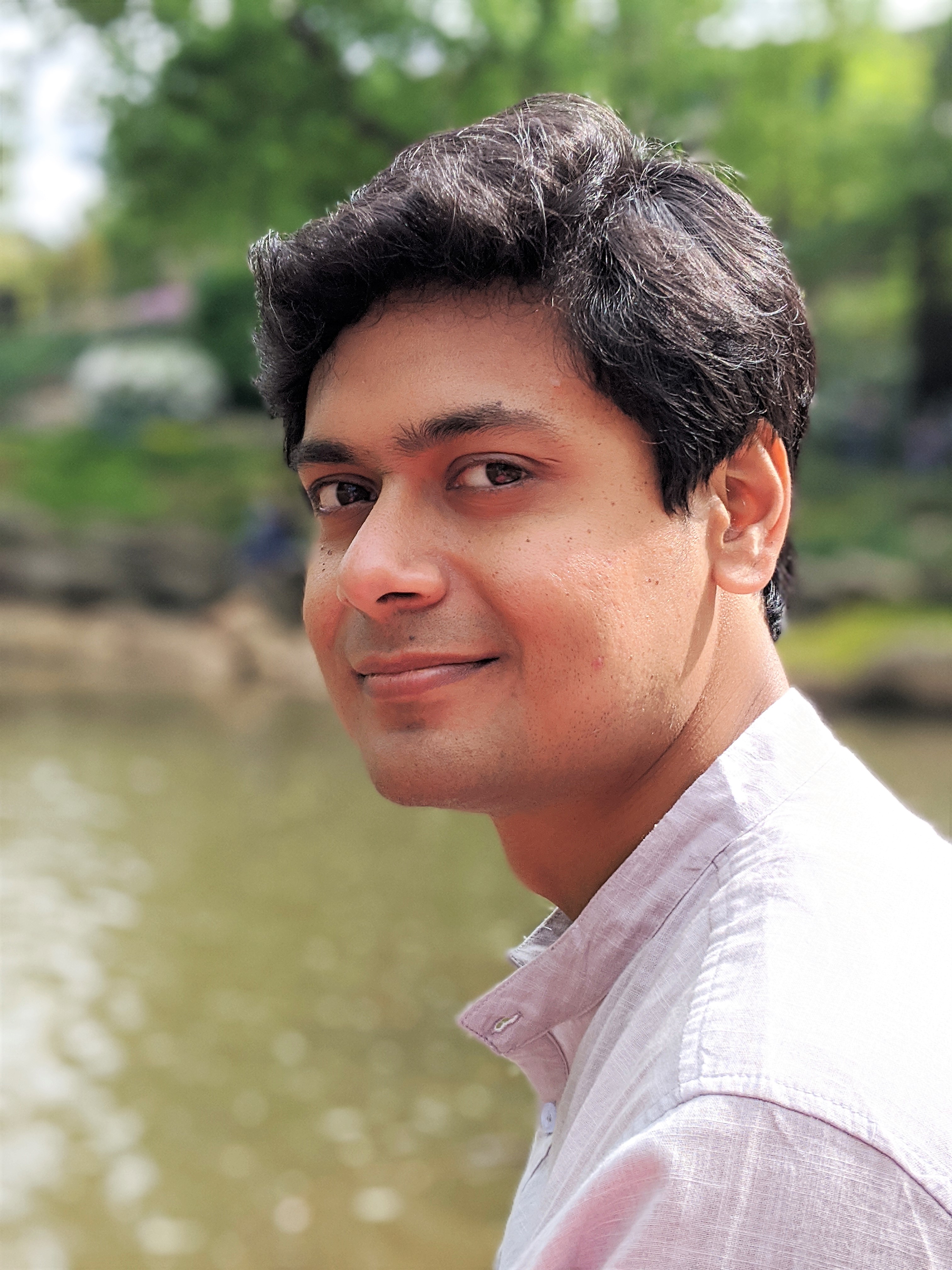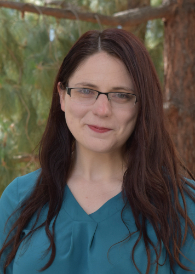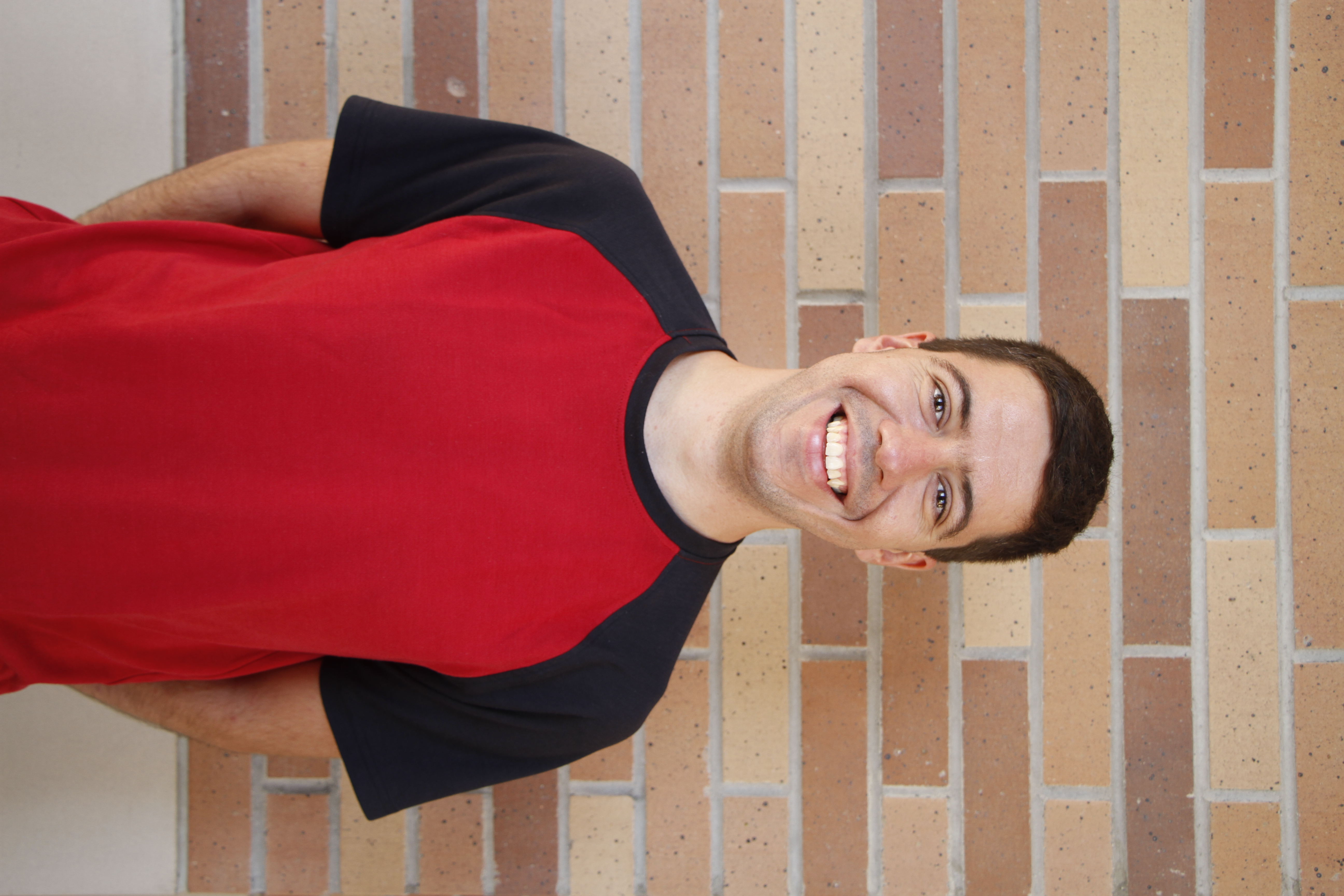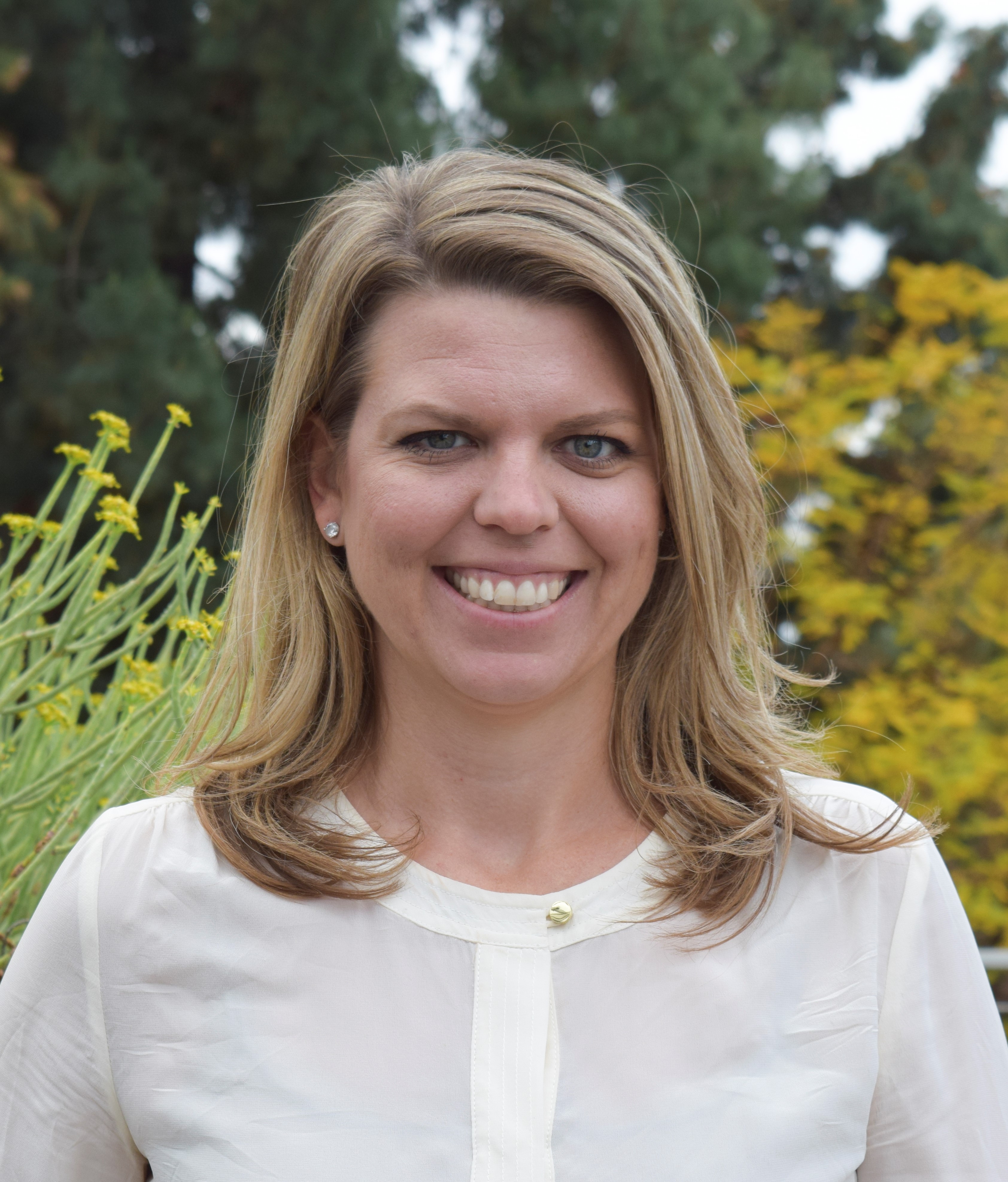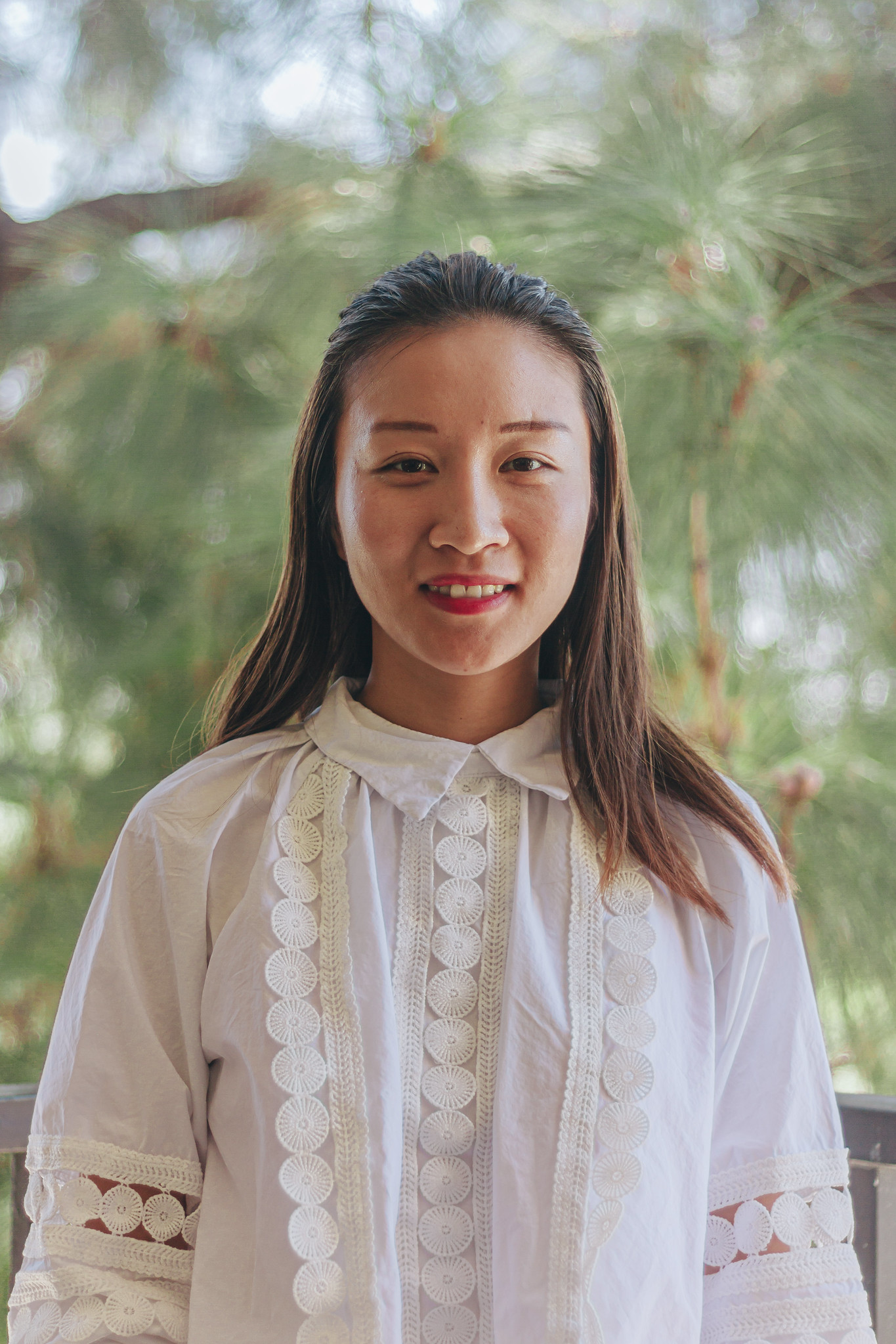Every Grand Challenges Initiative team is mentored by a Postdoctoral Fellow. Our fellows are world-class early-career
teacher-scholars. They come from diverse research backgrounds, ranging from cancer
genetics to atmospheric chemistry.
What the Fellows all have in common is a desire to share their passion for science
and engineering with students. GCI student teams are assigned a fellow at the beginning
of each semester.
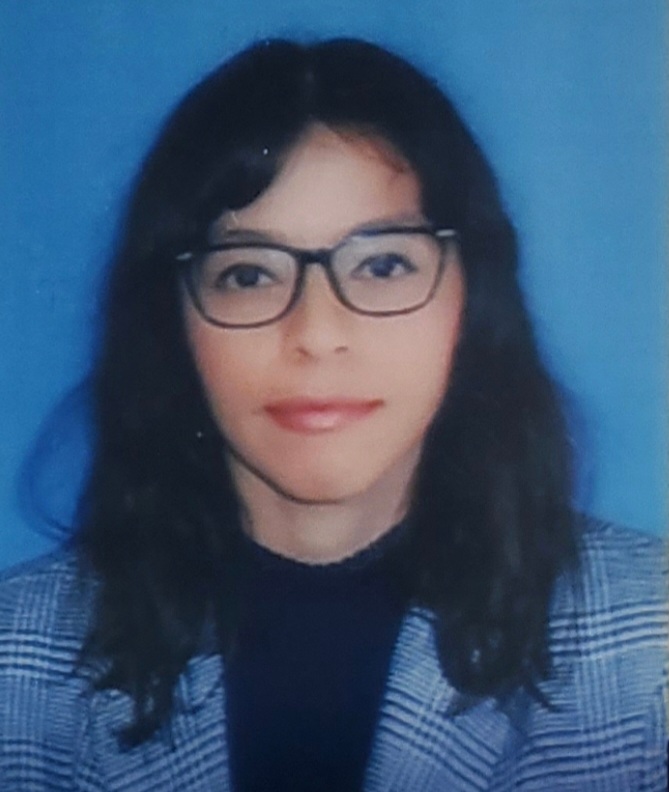
Dr. Aracely Acevedo
aracevedo@chapman.eduDr. Acevedo earned her Ph.D. in molecular, cellular, and integrative physiology from
UCLA. Her doctoral studies focused on investigating the mechanism of action by which
the pharmacological agent BT2 confers protection from heart failure and metabolic
disease in mice. Her findings resulted in a publication titled "The BCKDK inhibitor
BT2 is a chemical uncoupler that lowers mitochondrial ROS production and de novo lipogenesis"
(PMID: 38301896). The goal of her post-doctoral research project is to determine the
effects of arginine methylation of PGC-1alpha by PRMTs in the context of cold-induced
thermogenesis and diet-induced thermogenesis. Dr. Acevedo's mission is to contribute
to metabolism & nutrition education and research with the aim to improve the metabolic
health of human beings.
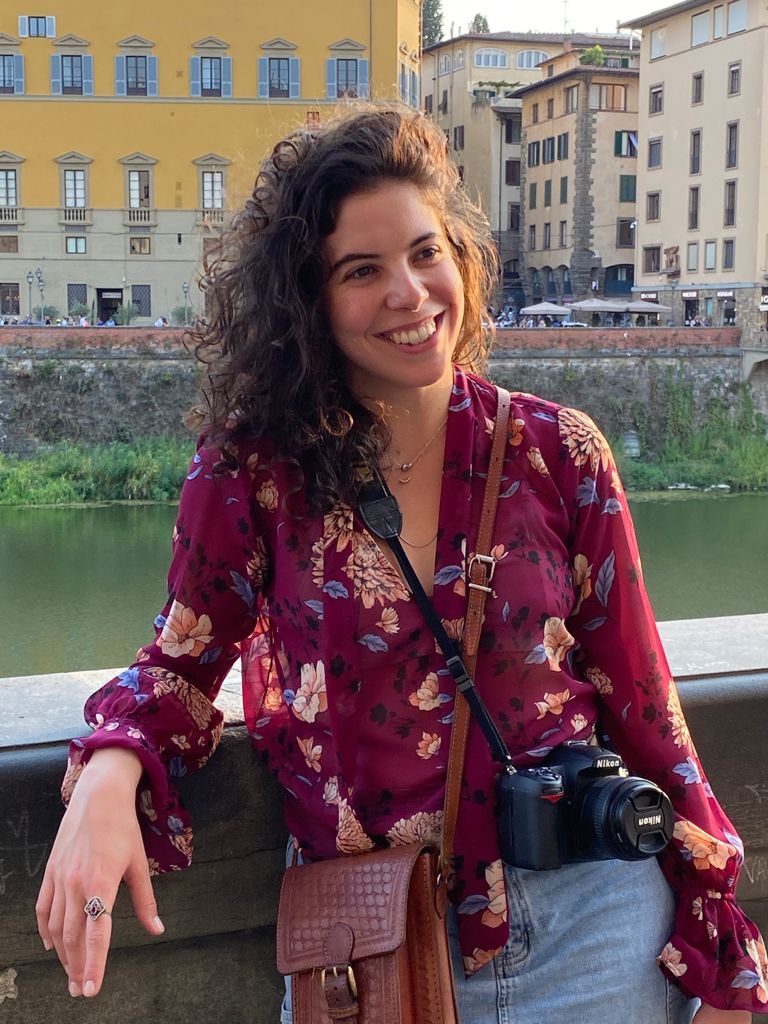
Dr. Ana Belén Avilez García
avilezgarcia@chapman.eduDr. Avilez García is a mathematician whose research focuses on point-free topology.
This area of mathematics is regarded as an algebraic (more specifically, lattice theoretical)
counterpart of classical topology. Locales and frames, the objects of study of point-free
topology, are a generalized version of topological spaces where one focuses on their
lattices of open sets, leaving aside the points. Her interests also include category
theory, algebra, general topology and logics. She holds a bachelor’s degree in mathematics
from the Universidad Nacional Autónoma de México and a Ph.D. in mathematics from the
University of Coimbra, Portugal. She recently completed a one-year postdoc at the
University of the Western Cape, South Africa.
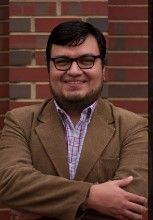
Dr. E. Daniel Cárdenas-Vásquez
cardenasvasquez@chapman.eduDr. Cárdenas-Vásquez was born in Moyobamba, Perú. He holds a bachelor’s degree in
chemical engineering from Universidad Nacional Pedro Ruiz Gallo (UNPRG), in Lambayeque,
Perú, and a Ph.D. in chemical and biomolecular engineering from North Carolina State
University, where he conducted research about new functional materials using colloids
and hydrogels for biomedical applications as well as exploring novel nucleation prediction
methods using computational tools for drug discovery and other pharmaceuticals applications.
Additionally, he has a keen interest in the ethics of science, specifically at the
interface of organized religious entities and genetically modified foods (GMOs). On
the side, he drinks lots of (specialty) coffee while trying to model in-silico its
pour over extraction mechanism.
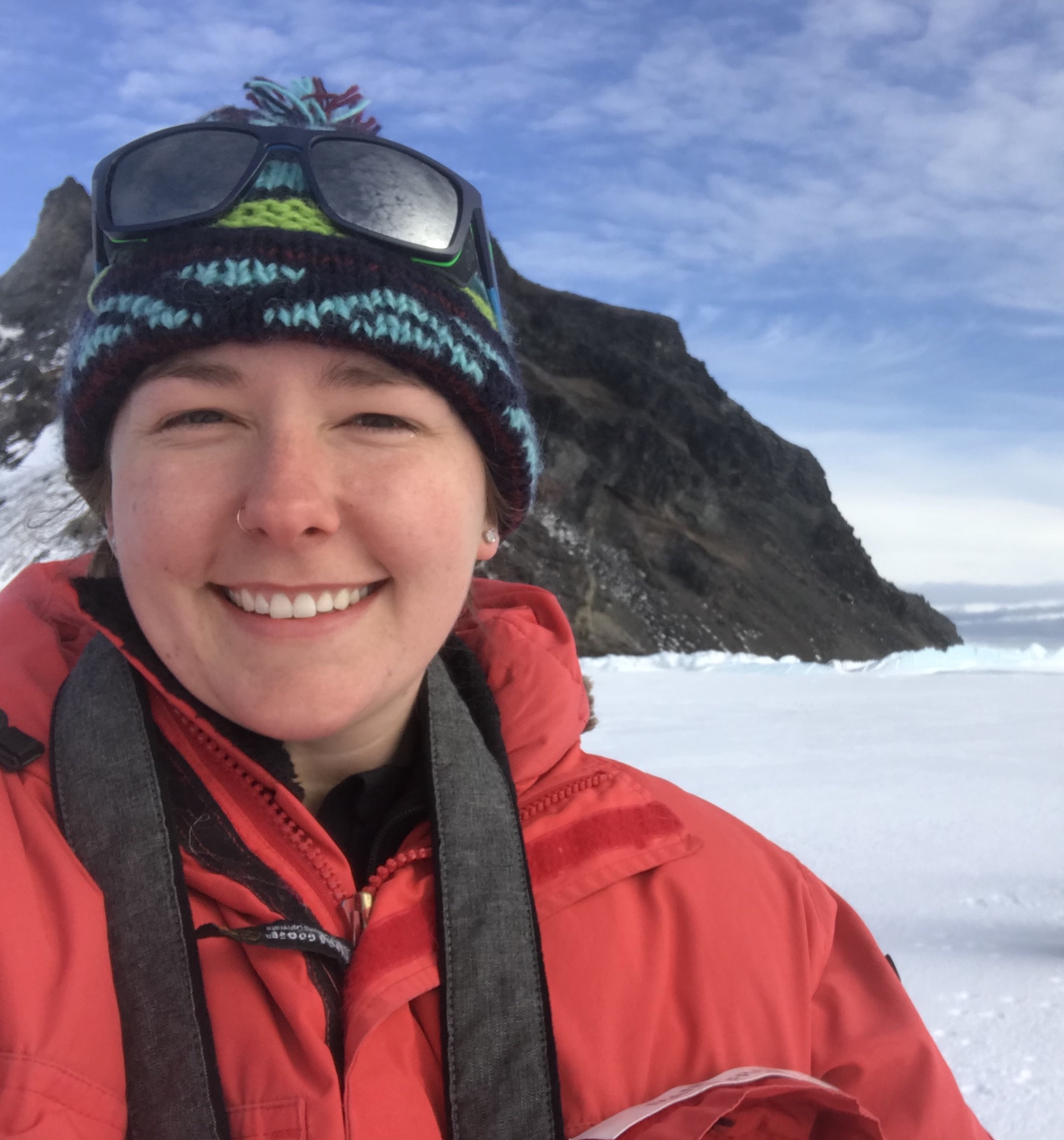
Dr. Mandy Frazier
afrazier@chapman.eduDr. Frazier (mandy, she/her) is a marine ecologist specializing in the behavioral
and physiological ecology of fishes. Dr. Frazier holds a BS in Marine Science, Biology,
and Ecosystem Science and Policy from the University of Miami, and a MS in Animal
Biology and a PhD in Ecology from the University of California, Davis. Her current
research focuses on understanding interspecific adaptive capacities of young Antarctic
fishes to a changing climate. She is particularly interested in the effects of climate
change on reef-like habitats, such as sea ice and kelp forests, that provide critical
nursery refugia for young, developing fishes. She has extensive field experience,
including SCUBA diving under Antarctic sea ice and conducting research on oceanographic
cruises and at remote marine field stations. In addition to her research, Dr. Frazier
is a leader in sexual violence prevention education in academia and fieldwork, where
she brings hundreds of hours of experience from her work with CARE (the Center for
Advocacy, Resources, and Education on UC campuses), FieldFutures, and her DVAT (Domestic
Violence Advocate Training). As a queer, disabled woman, mandy is committed to teaching
and mentoring following a science-based, activist pedagogy that centers belonging,
safety, and justice for everyone.
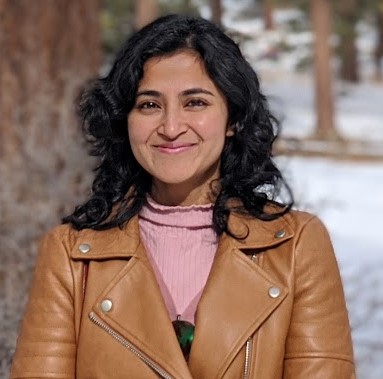
Dr. Sayani Ghosh
saghosh@chapman.edu
Dr. Ghosh is an interdisciplinary researcher whose work bridges the fields of mathematics
and theoretical physics. She earned her Ph.D. from Clemson University, where her doctoral
research focused on developing graph-theory-based tools and applying them to nuclear
astrophysical scenarios. Dr. Ghosh is particularly interested in exploring the relationship
between the classical world and the quantum regime, addressing some of the intriguing
open questions in modern physics. Beyond her research, Dr. Ghosh is dedicated to education.
She actively seeks and implements innovative teaching methods to enhance student engagement
and deepen their understanding.
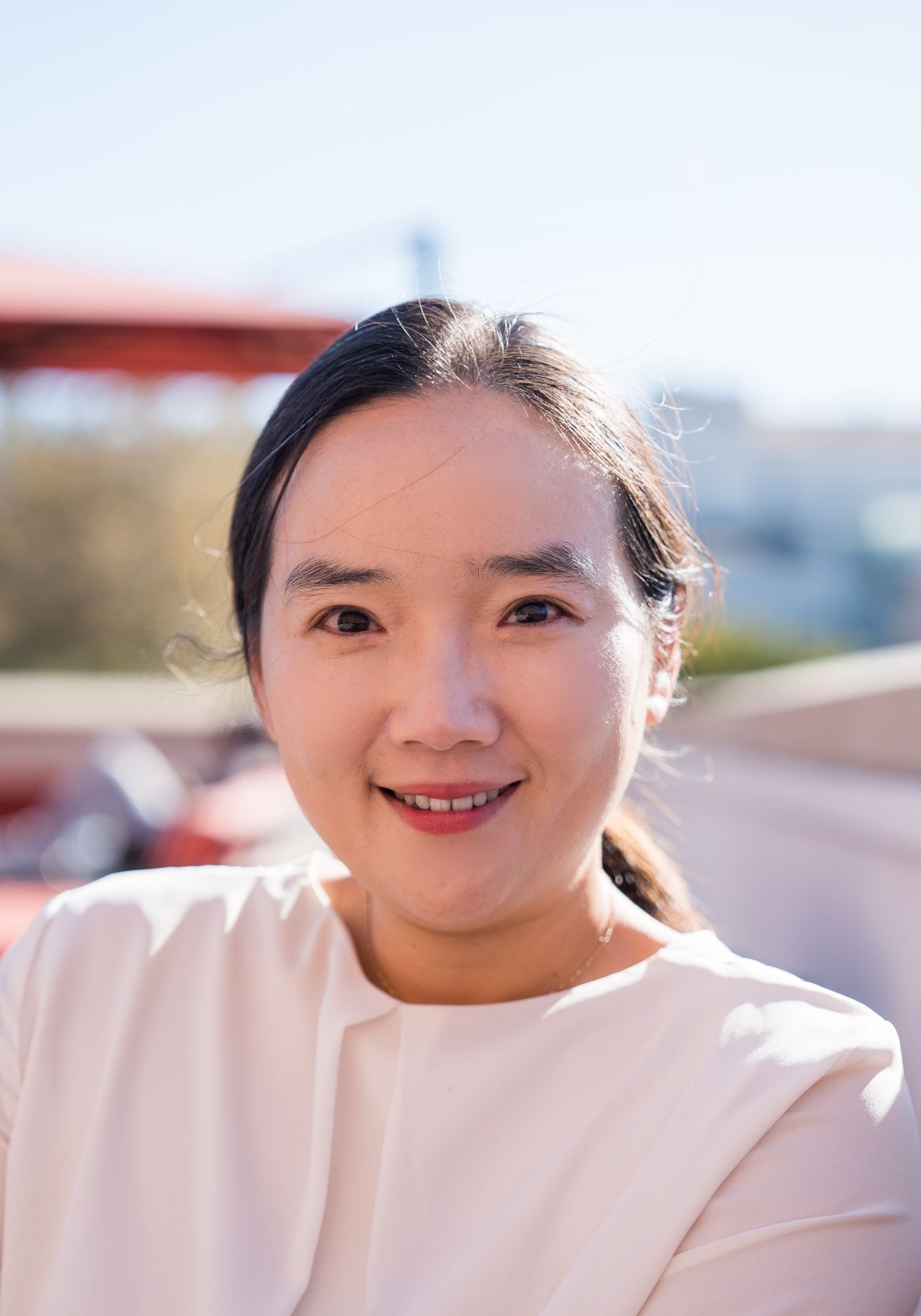
Dr. Ariel Han
jiyhan@chapman.eduDr. Han received her Ph.D. from the University of California, Irvine informatics department.
Her research focuses on the intersection of AI, educational technology, and Human-Computer
Interaction (HCI). Han designs, develops, and evaluates socio-technical systems that
support the educational growth of children and their families through value-sensitive
design approach. By partnering with teachers, students, and parents through participatory
studies and co-design activities, she gains valuable insights into the needs and motivations
of educational stakeholders, helping to shape the values, practices, and culture of
learning. Dr. Han has published in prestigious HCI conferences such as CHI, IDC, and
learning science conference in ISLS, and CLS as well as journals in IJCCI, EIT, and
I&LS with collaborators. As the team leader of the StoryAI project, she was awarded
the NSF-funded VITAL Challenge Prize Grant in 2023 and received the UC Irvine Proof-of-Product
(PoP) Grant in 2024.
Dr. Cassandra Maya
cmaya@chapman.edu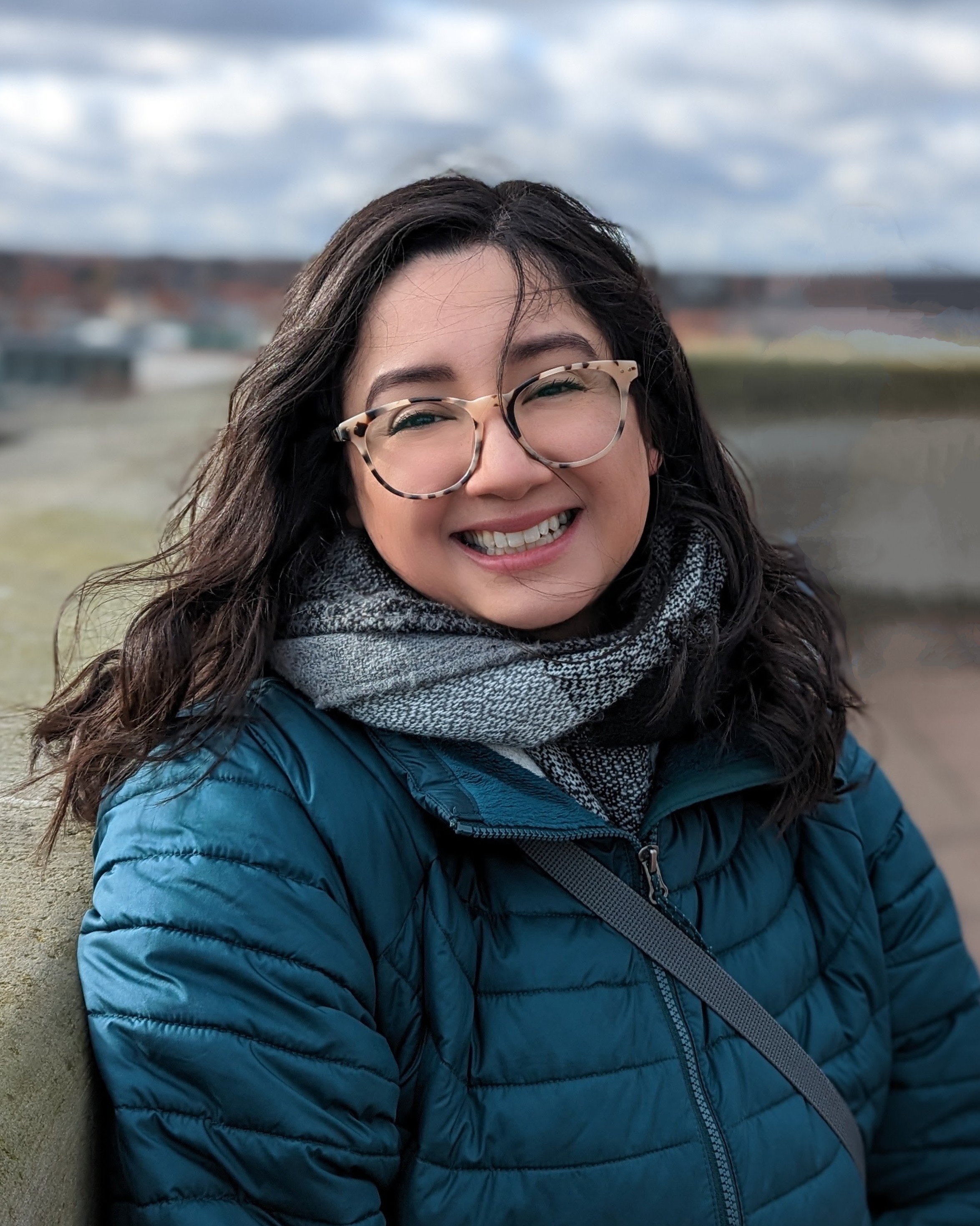
Dr. Maya is a food and nutrition scientist specializing in the nutrition, quality,
and consumer acceptance of alternative proteins, with a particular interest in edible
insects. Her doctoral research focused on replacing meat protein with insect- and
plant-based foods through a randomized control trial in family settings. The goal
of her research is to identify the factors that affect the successful integration
of alternative proteins into a healthy and sustainable human diet. Dr. Maya holds
a Ph.D. in nutrition from the University of Copenhagen.
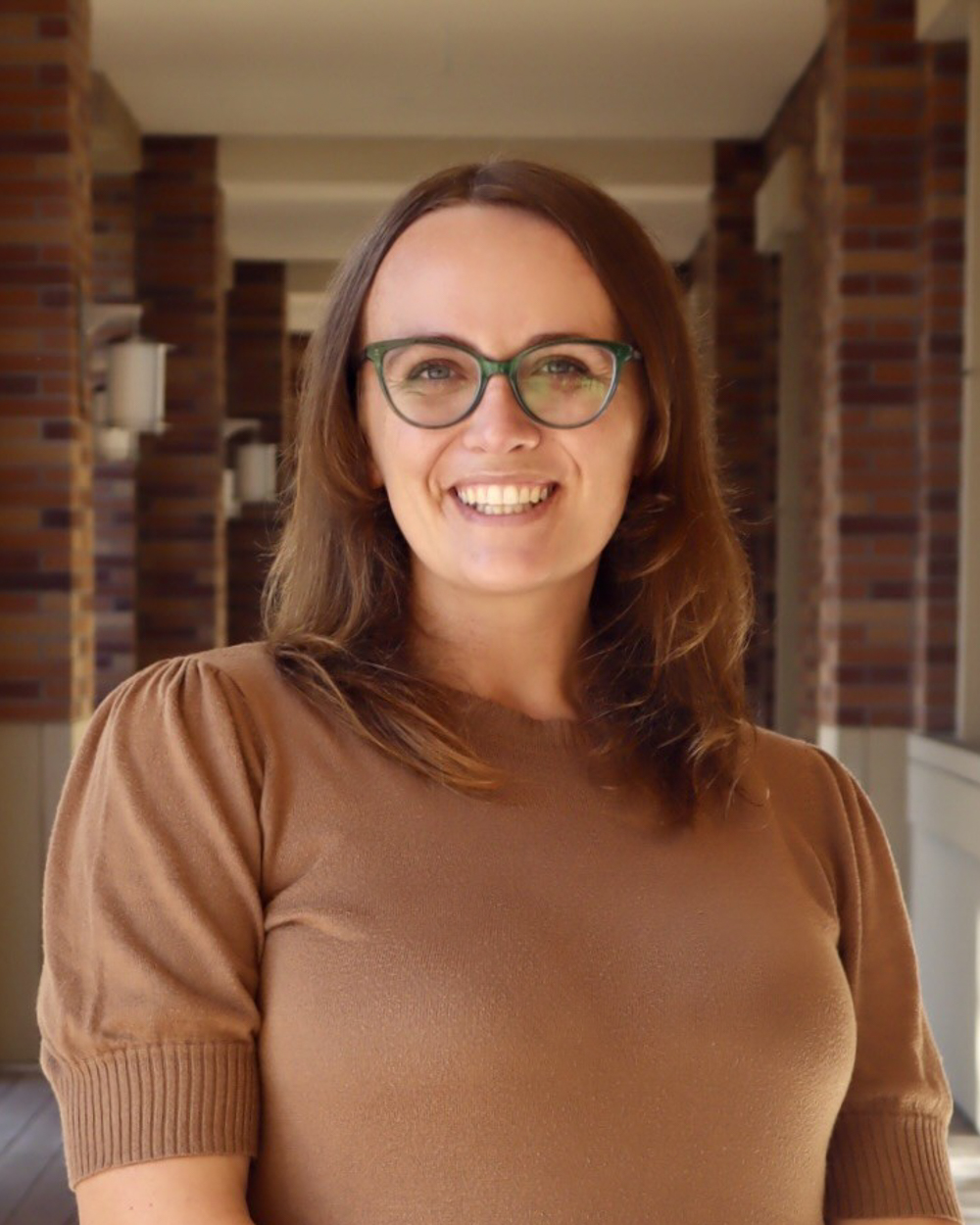 Dr. Joelle Prate
Dr. Joelle Prate
joprate@chapman.eduDr. Prate is a science and technology educator and researcher with a passion for K-12
education. She earned her Ph.D. here at Chapman in education with an emphasis in teacher
education, and her research focuses on improving science and technology teaching and
learning for K-12 students. She earned her bachelor’s degree in liberal studies with
a concentration in science education and a natural science minor, a biological and
foundational science teaching credential, and a master’s degree in educational technology
from CSUF. Since then she has taught science and technology courses at every level
from kindergarten through master’s level, and is always interested in learning new approaches to improving education.
Dr. Gabriela Shirkey
shirkey@chapman.edu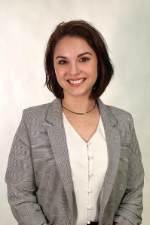
Dr. Shirkey is geographer and landscape ecologist interested in the relationship between
land use, land cover, and ecosystem processes. Her work evaluates human-nature relationships
and their variation across spatiotemporal scales, applying socioecological system
approach. In her research, she asks how land management and land use vary spatially
and whether we can capture its intensity. Dr. Shirkey completed her undergraduate
degree at Michigan Technological University and her graduate degree from Michigan
State University. Her goal is to evaluate climate mitigation strategies and inform
stakeholders, policymakers, and her community on the complexity between society and
the biophysical environment.
Interested in Becoming a Fellow?
Our fellows are passionate about inspiring and empowering the next generation of science
and engineering students. They strive to learn new teaching methods and work hard
to produce world-class research.
Fellows teach exclusively in the GCI program and collaborate on research with a faculty
mentor from the Schmid College of Science and Technology or the Fowler School of Engineering.
Fellows have access to work spaces, labs and computing resources in the brand-new
Keck Center for Science and Engineering.
Fellow appointments begin in late summer and can be extended for up to three years
on mutual agreement. Applications open each year around late November or early December.
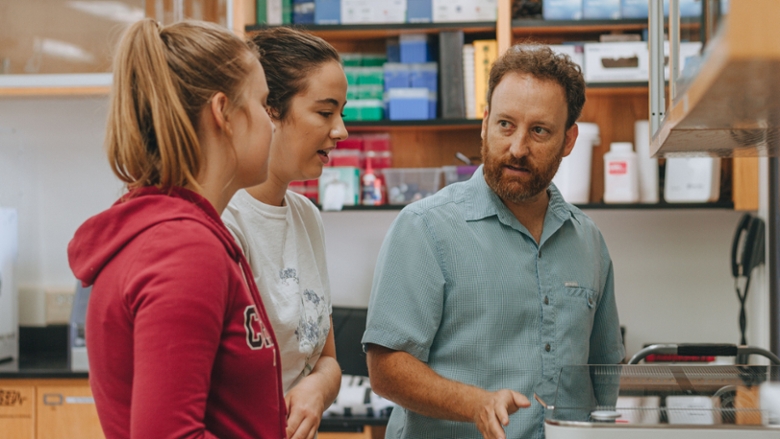
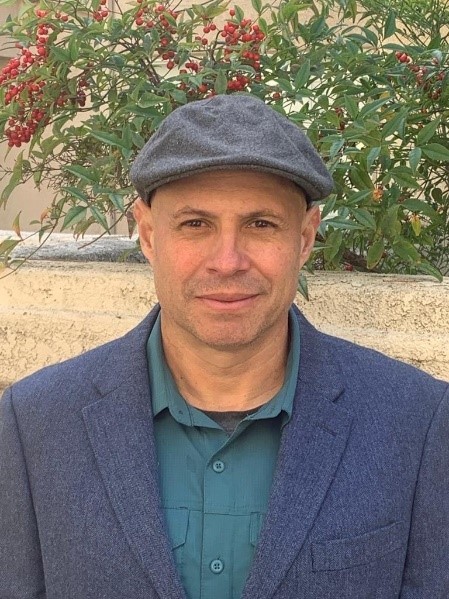
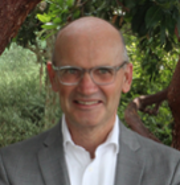







 Dr. Joelle Prate
Dr. Joelle Prate
